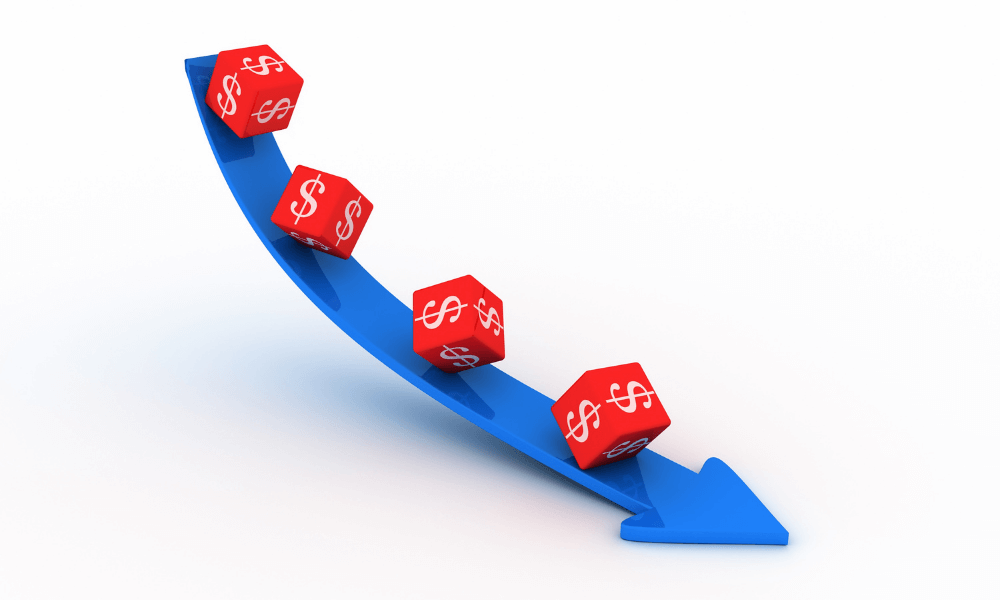
NEW YORK (Reuters) - The dollar declined to a more than a one-week low on Wednesday after data showed a drop in U.S. private sector employment in January due to the increase in COVID-19 infections.
However, the data is unlikely to prevent the Federal Reserve from hiking interest rates at the March 15-16 policy meeting. But the report has eased expectations of a significant interest rate increase of half a percentage point.
In contrast, the euro gained for a third consecutive day, coming off a 20-month low last week, as eurozone inflation rose to a new record high last month. That fuelled bets the European Central Bank could raise interest rates sooner than expected.
With the euro as the most significant component, the dollar index fell 0.3% to 95.9260. It is on track for its most considerable weekly percentage loss since November 2020, at 1.3%.
ADP reported on Wednesday that U.S. private payrolls dropped by 301,000 jobs last month. Data for December was revised lower to show 776,000 jobs added instead of the initially reported 807,000. Economists polled by Reuters had forecast an increase of 207,000 in private payrolls.
"Markets are well-prepared for an Omicron-driven drop in January payrolls, and in recent days a number of Fed officials have signaled comfort with the underlying economy's direction," said Karl Schamotta, chief market strategist at Cambridge Global Payments (NYSE: GPN) in Toronto.
"Until financial conditions tighten meaningfully, the Fed will retain a hawkish bias - and momentum should support the dollar. A peak is coming, but we're not quite there," he added.
In late afternoon trading, U.S. rate futures priced in about 4.7 hikes this year, or 118.6 basis points of policy tightening, down from the five rate increases seen over the last two days. Futures also showed the probability of a 50-basis-point hike in March has settled at 12.5%, from as high as 32% late last week.
Fed officials this week also backtracked on some of the central bank's hawkish comments, pushing the dollar lower.
Although they said the Fed would raise interest rates next month, these officials have all but ruled out a 50-basis-point increase in the benchmark overnight interest rate in March and will keep their options open after that.
Even St. Louis Fed President James Bullard, a voter this year on the policy-setting Federal Open Market Committee and one of the more hawkish Fed officials, also pushed back against a more significant rate hike in March, noting that markets have on their own started to push up borrowing costs already.
In the eurozone, markets expect the ECB to turn hawkish after an annualized inflation of 5.1% in January, up more than twice the ECB's 2% target.
The euro firmed 0.3% to $1.1310, after earlier touching more than a one-week high, on growing expectations the ECB might signal a faster path for policy tightening at Thursday's meeting on Thursday.
In the short term, the euro depends depend on what ECB President Christine Lagarde says on Thursday. Some analysts believe the bank will stick to its guidance of no hikes this year, which should weigh on the euro.
Sterling rose 0.4% to $1.3584 after earlier hitting a nearly two-week peak against the dollar at $1.3587 ahead of a Bank of England policy meeting on Thursday. Investors have fully priced in an expected increase in the BoE base rate by 25 basis points to 0.5% on Thursday.